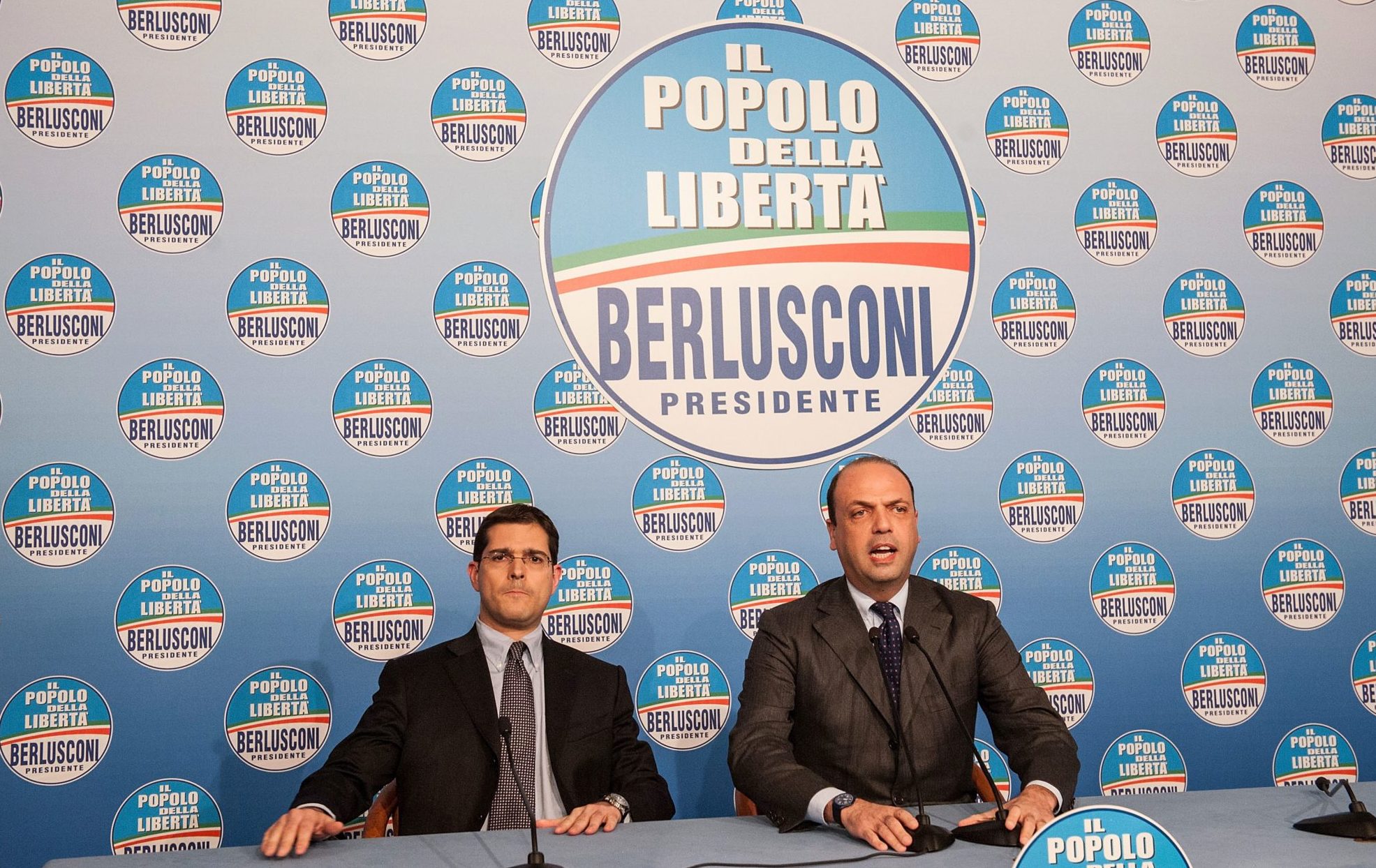Italy’s New Conservatives

Never has conservatism been so popular in Italy as it is these days. In the past, though, Leo Longanesi, the renowned Italian writer and publisher, once said that he was “a conservative in a country in which there is nothing to conserve.” The tag stuck. While in post-World War II Italy the majority of Italians were conservatives, the party that ran the country for most of its following decades—Christian Democracy—was a conservative one, and people led decent, quiet conservative lives, nobody dared call himself a conservative. It reeked of a bygone era while the New Italy propped up by American loans and the Dolce Vita lifestyle strove to present itself as get-up-and-go and modern.
But times are changing. Center-right, moderate parties still hold the votes of the “quiet majority” in the country and are deemed set to be running it after the next general elections, be they next year or in 2023. While media-to-football tycoon and center-right talisman in the ’90s and 2000s Silvio Berlusconi wanted to pursue modernizing policies without looking old and unfashionable—“conservative”—the new leaders on the right are not ashamed to bring up the word in political debate.
Giorgia Meloni, the head of the Brothers of Italy party, has recently stated that “sovereignism” has to be abandoned for “conservatism.” In the years after the last general election, sovereignism was the be-all-end-all of Italy’s right: a notion steeped in the idea that nation-states should be given precedence over supranational organizations like the European Union. Meloni’s fellow party leader Matteo Salvini has also spoken about his League becoming “a conservative party, like the American Republicans.” These statements set the tone for a wider debate, with journalists and intellectuals lending new credence to Italian conservatism.
Shortly after the current center-right coalition proved ineffective (to say the least) in the October local elections, journalist and former parliamentarian Daniele Capezzone published his book, For The New Right. It soon topped the political essays charts. In his absorbing volume, Capezzone advocates for market-oriented solutions to Italy’s long-standing ills: high debt, low growth, high taxes, low competitiveness. A fiscal conservative in the Thatcherite and Reaganite mold, Capezzone expresses his creed in the national TV talk-shows and makes the progressives’ hair stand on end.
Capezzone propounds primaries at the local, regional, and national levels to give the hopefully soon-to-be new center-right united party a novel impetus in its fight against Italy’s left. The La Verità journalist also set up an anti-tax think tank named Mercatus: Its first conference since its inception was about private property and how to thwart in Parliament a new tax levy on all homeowners. The League’s Giulio Centemero, first signatory of the anti-tax pledge forming the basis of the new association, and one of Salvini and Business Minister Giancarlo Giorgetti’s most trusted parliamentarians, also took part. In his speech he talked about “downsizing the state” and “not feeding the Leviathan.”
Publisher and leading Il Giornale columnist Francesco Giubilei was the mastermind behind the Italian conservatism’s renaissance. His publishing house—Giubilei Regnani—has translated into Italian Ed Meese’s book on his time with Ronald Reagan and printed Edmund Burke’s famed 1791 Reflections on the Revolution in France, edited by university Professor Marco Gervasoni. Giubilei’s think tank Nazione Futura—“The Future of Our Nation”—has been morphing into Italy’s cutting edge on the political and intellectual right. His aim is to make political conservatism structurally more sound by developing an international network of conservative cultural movements, ranging from America to Hungary, where he has recently been invited as Visiting Fellow at the Mathias Corvinus Collegium in Budapest.
It is still impossible to know whether there will be in fact a new all-encompassing conservative party or not in the ballot box in the next general election. Divisions among—and within—parties still run deep. Many Italian right-of-center intellectuals have been trying to change the course the country but have met with as scant success as Longanesi’s. This time may be different, though. Both Meloni and Salvini have acknowledged that electoral success might not bring instant change without new thought-through policies and the help of intellectuals and civil society. Their recent trouncing in the local election in Rome, Milan, Turin, and Naples, Italy’s most peopled cities, was a wake-up call even they had to recognize. New efforts such as Capezzone’s book and Giubilei’s activism could not come at a better time.
Daniele Meloni is a journalist and speech writer who worked for the president of Lombardy. His book on Boris Johnson and British conservatism will be released this month in Italy.
Comments